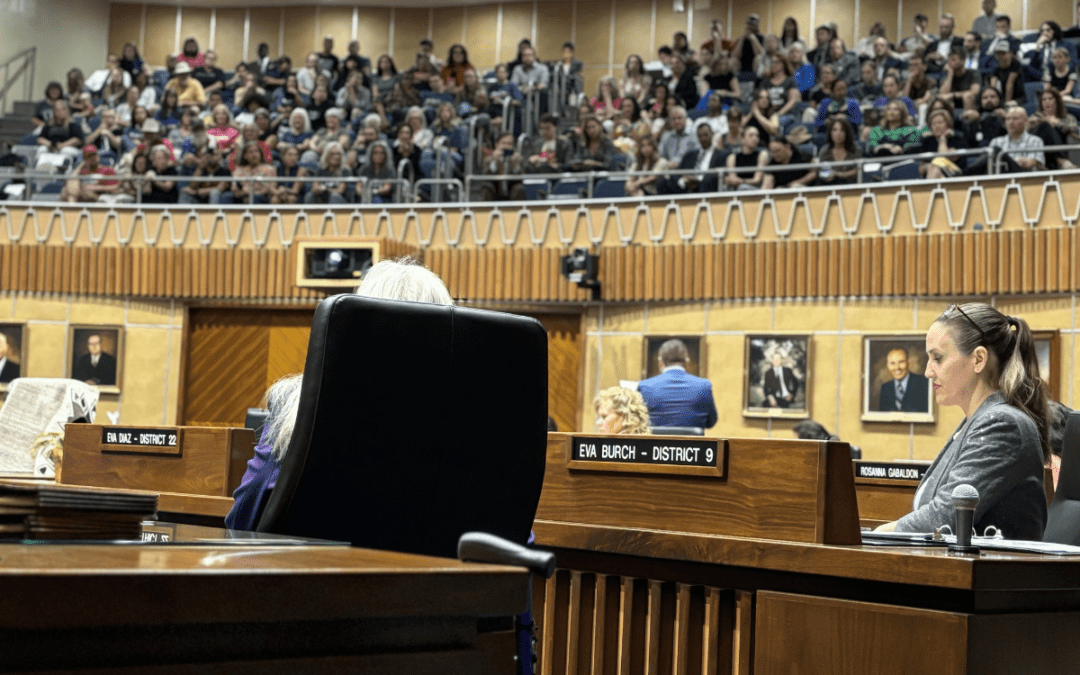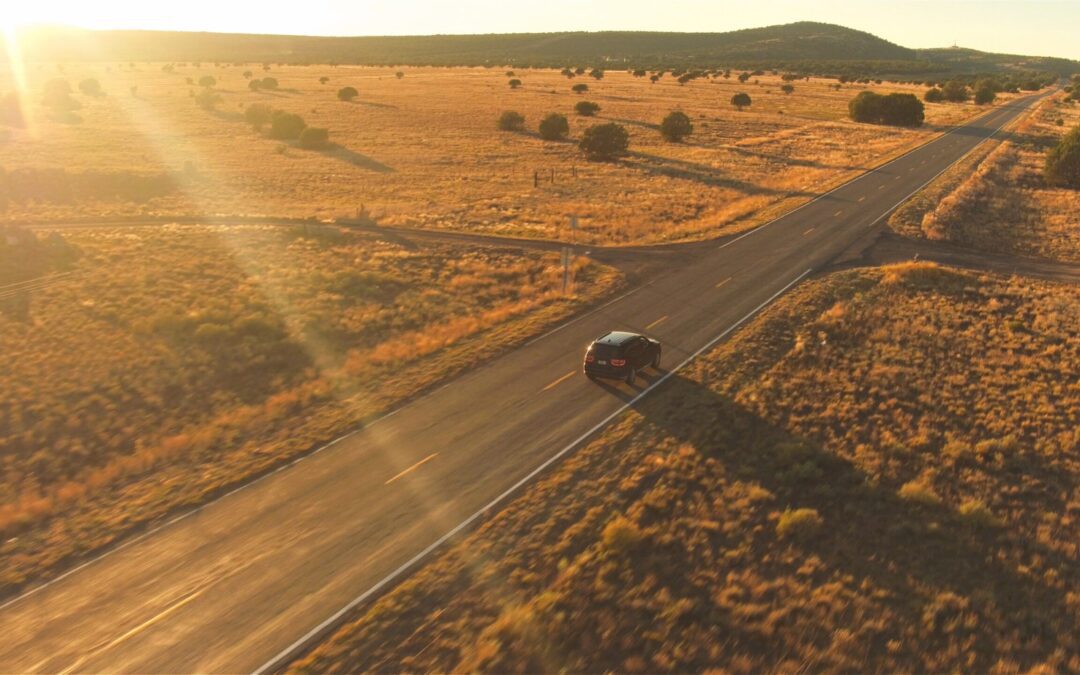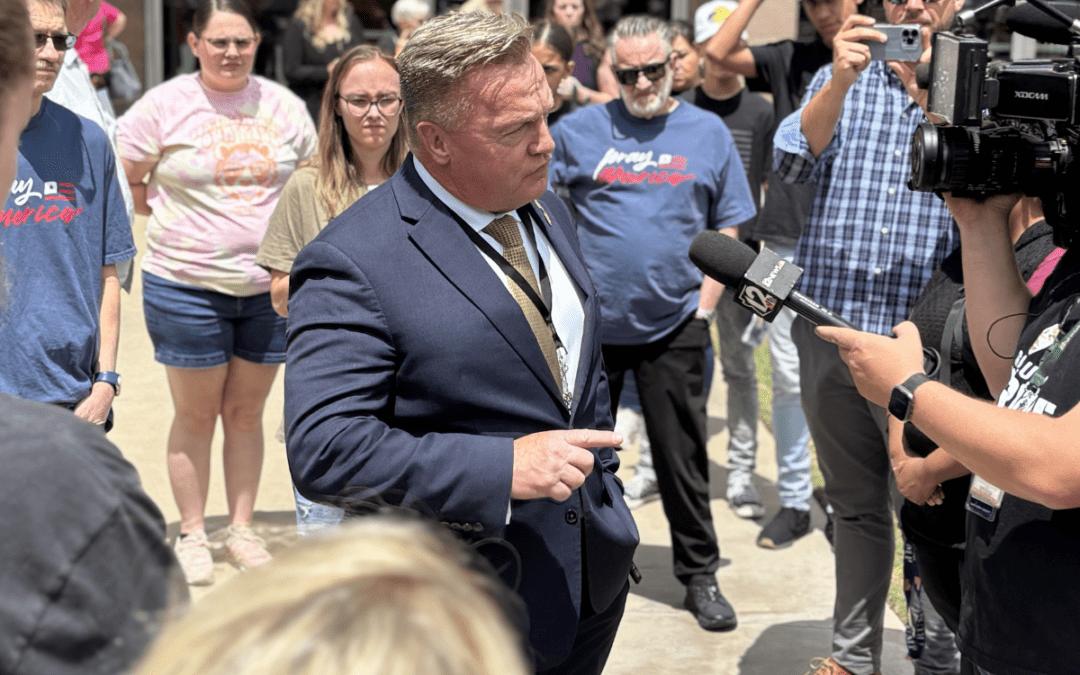
Inadequate unemployment payments don’t just hurt individuals needing the money—they also hinder the state’s economic recovery.
*This is part three in a series exploring how Arizona’s unemployment system was impacted by the COVID-19 pandemic. Read the full series here.
While Arizona’s unemployment system was unprepared for the COVID-19 pandemic, the state also missed opportunities to make improvements during the time of crisis.
From the Legislature adjourning before passing proposed relief bills to Gov. Doug Ducey not contributing state money to unemployment payments, Arizonans are being left with little help as the virus continues to spread.
Temporary Funding
The passage of the Coronavirus Aid, Relief, and Economic Security Act in March authorized an extra federal payment of $600 per week for those receiving unemployment benefits.
In Arizona, this increased the maximum benefit available to $840 per week.
While laid-off workers were generally satisfied with this benefit (if they were actually able to get through the system and receive it), it wasn’t a long-term plan.
The extra payment expired at the end of July. At the time, Ducey deflected questions about state solutions and called on Congress to extend at least a portion of the original money.
But federal lawmakers struggled to find a compromise, with Republicans largely worried about workers making more money on unemployment than their normal paychecks, and ended their session before passing further relief.
That concern has turned out to so far be unfounded, with the numbers showing it’s a persisting lack of jobs that’s the problem.
“There is no indication yet that the expiration of an extra $600 per week in UI benefits at the end of July 31 has led to a big drop in unemployment,” PNC’s chief economist Gus Faucher told CNN. .
Similarities in the State
The Arizona Legislature also failed to find a solution for increasing aid at the state level before taking a two-month recess in March and then adjourning early due to the pandemic in May.
At the time, Democrats were calling for funding to instate paid sick leave for workers, to bolster food assistance, and to add relief for people facing evictions and utility shutoffs.
But Republicans accused them of taking advantage of the emergency situation to push through “pork,” or measures meant to help certain legislators gain favor in their districts using taxpayer money.
Both Ducey and legislative leaders have the power to call an emergency session to revisit the issue. So far that hasn’t happened, even though Democrats and Republicans have supported it.
“During this difficult time, it is my opinion that the State Legislature needs to be back in special session to address issues such as these,” Rep. Kelly Townsend (R-Mesa) wrote in an email to The Copper Courier. “We should never get used to government via executive order, either from the Governor or the President. Our job is not being done right now because we are out of session.”
A Quick(ly Disappearing) Fix
Due to inaction from Congress and state lawmakers, President Donald Trump stepped in with an executive order authorizing another federal unemployment boost—but this time, only $300 per week.
Trump stipulated that for states to receive the money, they would have to commit to distributing an additional $100 per week from their coffers for a total weekly payment of $400.
However, state officials were able to find a way around this—they could choose to count existing unemployment payments as making up their contribution, instead of distributing an extra $100.
The governor’s office explained the move as an effort to protect the state’s savings.
“Our goal is to help Arizonans who need help. In order to do that, the state needs to be on solid footing and we need to be able to protect the social safety net,” Ducey spokesman Patrick Ptak said in a statement to ABC 15. “This plan provides immediate help to hundreds of thousands, but also ensures we can help Arizonans who are struggling over the long-term. That’s important.”
But with $1 billion already in the state’s rainy day fund, it’s unclear how much money the state needs saved up to start using some of it toward unemployment boosts.
Rep. Kristen Engel (D-Tucson) questioned Ducey’s thinking:
“If the Governor refuses to call the legislature into session, I favor the Governor using money from the rainy day fund to fill in this gap,” she wrote in an email to The Copper Courier. “What is a rainy day fund for except to save Arizonans from extreme hardship? With the expiration of the federal pandemic unemployment assistance, for so many in Arizona it is raining NOW, and HARD.”
And while Arizona was quick to jump on the new money, becoming the first state to distribute the new payments, that help quickly ran out.
Arizona’s regular unemployment payments are in jeopardy, too. Based on the timeline a DES official provided reporters with on Sept. 8, the trust fund for the program only has about six weeks of payments left in it.
If the state can’t get more money from the federal government to keep the program going, it may have to dip into the rainy day fund.
A Long-Term Problem
Inadequate unemployment payments don’t just hurt individuals needing the money in the short-term to pay rent and other bills—they also hinder the state’s economic recovery.
The Grand Canyon Institute (GCI), a nonpartisan think tank, has been calling for an increase in the state’s normal $240 payout since before the pandemic.
In a December report, the group urged Arizona to increase the amount to $490 per week to harden the state’s economy against future recessions.
Then in August, GCI calculated that the unchanged unemployment system has cost Arizona up to $2 billion in “lost economic activity.”
The think tank also reported that the loss of money in Arizonans’ pockets translated to a state tax revenue loss of $30-60 million and $35-70 million in tax losses for local governments.
Rep. Mitzi Epstein (D-Ahwatukee) told The Copper Courier this is why the Legislature needs to look at the big picture when it comes to stepping up to fix unemployment.
“What I’ve found from debate on the floor and talking with various legislators is they were not very aware of the role of unemployment insurance in keeping the economy stabilized,” she said. “They seem to be only aware of it as help for somebody who’s unemployed.”
But she’s optimistic that the urgency of the pandemic is opening doors for change.
“Now is a great opportunity to work on unemployment insurance reform because now it’s in the news,” she said. “People know about it. Everybody knows somebody who is on unemployment insurance.”
The National Economy
Congress’ inaction has negative consequences for the national economy, as well.
Goldman Sachs, the New York-based investment banking company, criticized Trump’s $300 stopgap measure as “too little too late.”
The company reported that the decrease in benefits would result in a loss of $70 billion in monthly personal income in August, leading consumers to scale back their spending.
Across the US, jobs are struggling to bounce back. Last week, Americans filed 884,000 initial unemployment claims, compared to the economists’ predicted 850,000, meaning companies are still announcing new layoffs.
And, according to NBC, only about half of the positions previously held by the 22 million Americans who have lost their jobs during the pandemic have returned.
Politics

VIDEO: Arizona Attorney General Kris Mayes indicts 18 ‘fake electors’
@coppercourier An Arizona grand jury has indicted former President Donald Trump's chief of staff, Mark Meadows, lawyer Rudy Giuliani, and 16...

Democrats successfully force vote on repealing 1864 abortion ban, passes House
The Arizona legislature moved forward two bills Wednesday that would repeal the state’s 1864 abortion ban. A bill to repeal the ban has been...
Local News

A new partnership is expanding broadband internet access in rural Arizona
In the state of Arizona, the goal to expand broadband internet access in rural areas has made significant progress with the new public-private...

Arizona Sens. Anthony Kern, Jake Hoffman, indicted for fake election scheme
Eighteen individuals involved in a conspiracy to overturn Arizona’s election results in 2020 were indicted by a grand jury Wednesday and charged...





